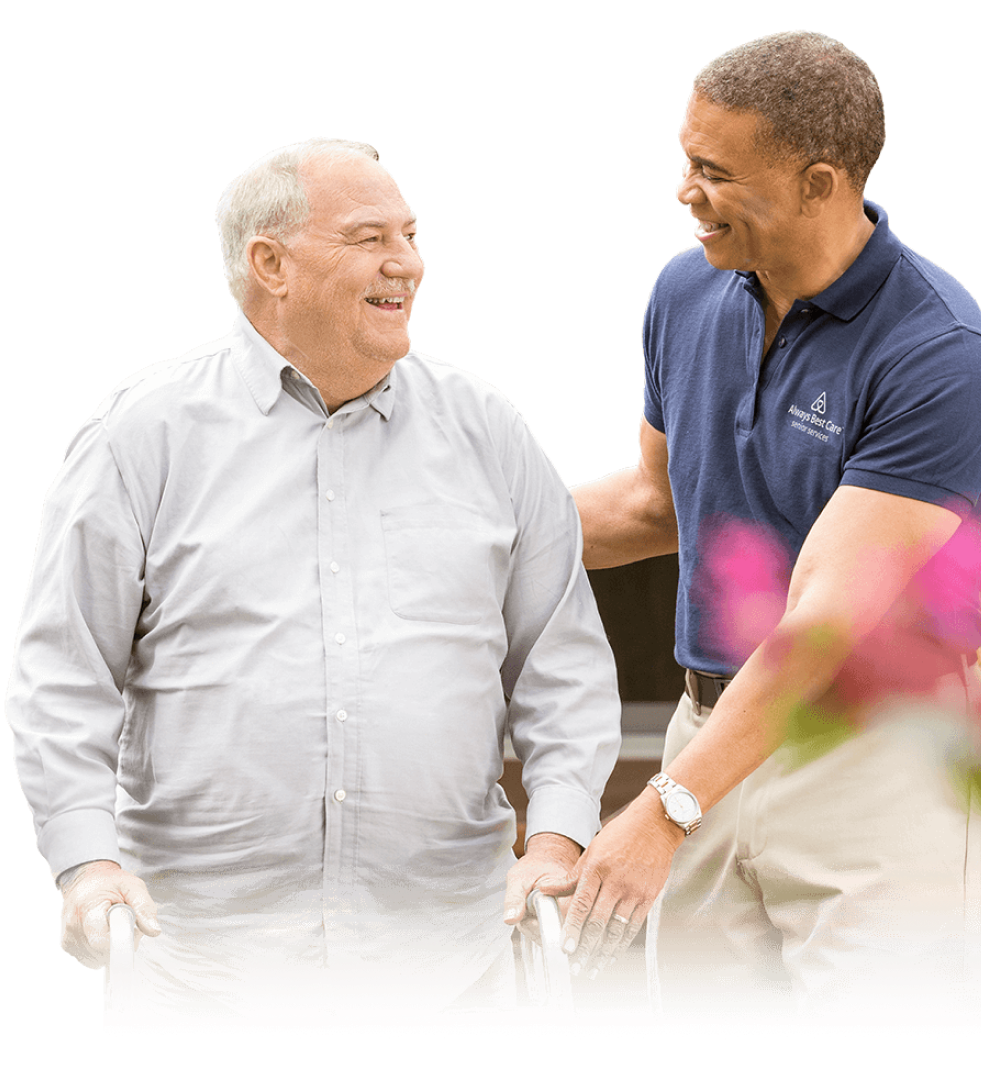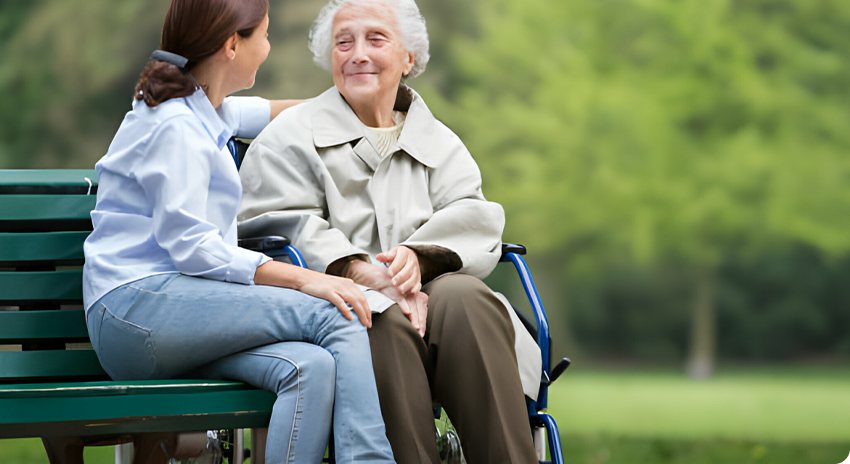3 of 10 |
FILE - In this Sunday, Aug. 4, 2019 file photo, a Moroccan pilgrim runs as pigeons fly outside the Grand Mosque in the Muslim holy city of Mecca, Saudi Arabia. The hajj is a pillar of Islam, required of all Muslims once in a lifetime. It is a physically demanding journey that Muslims believe offers a chance to wipe clean past sins and start anew before God. Pilgrims seek to deepen their faith on the hajj, with some women adopting the head covering known as the “hijab.” (AP Photo/Amr Nabil, File)
4 of 10 |
FILE - In this Sept. 8, 2016 file photo, a child holds on to his father as he circles the Kaaba, Islam’s holiest shrine, at the Grand Mosque in the Muslim holy city of Mecca, Saudi Arabia. Pilgrims on the hajj enter into a state of spiritual purity known as “ihram” that is aimed at shedding symbols of materialism, giving up worldly pleasures and focusing on the inner self over outward appearance. (AP Photo/Nariman El-Mofty, File)
5 of 10 |
FILE - This Nov. 7, 2011 file photo, made from a helicopter, shows Muslim pilgrims moving around the Kaaba, the black cube seen at center, inside the Grand Mosque, during the annual Hajj in the Saudi holy city of Mecca, Saudi Arabia. Muslims do not worship the Kaaba, but it is Islam’s most sacred site because it represents the metaphorical house of God and the oneness of God in Islam. Observant Muslims around the world face toward the Kaaba during their five daily prayers. (AP Photo/Hassan Ammar, File)
6 of 10 |
FILE - In this Sept. 25 2015 file photo, tents for pilgrims attending the annual hajj pilgrimage are seen from a helicopter over Mina, Saudi Arabia. On the second day of the hajj, after spending the night in the massive valley of Mina, the pilgrims head to Mount Arafat, some 20 kilometers (12 miles) east of Mecca, for the pinnacle of the pilgrimage. (AP Photo/Mosa’ab Elshamy, File)
7 of 10 |
FILE - In this Sept. 12, 2016 file photo, Indian women cast stones at a pillar symbolizing the stoning of Satan, in a ritual called “Jamarat,” the last rite of the annual hajj, on the first day of Eid al-Adha, in Mina near the holy city of Mecca, Saudi Arabia. (AP Photo/Nariman El-Mofty, File)
8 of 10 |
FILE - In this Sept. 11, 2016 file photo, Sudanese women pray on a rocky hill known as Jabal al-Rahma, or Mountain of Mercy, on the Plain of Arafat, on the second day of the annual hajj pilgrimage, near the holy city of Mecca, Saudi Arabia. It is here where the Prophet Muhammad delivered his final sermon, calling for equality among mankind and for Muslim unity. He reminded his followers of women’s rights and that every Muslim life and property is sacred. (AP Photo/Nariman El-Mofty, File)
9 of 10 |
FILE - In this Sept. 13, 2016 file photo, the Abraj Al-Bait Towers with the four-faced clocks stands over the holy Kaaba, as Muslims encircle it inside the Grand Mosque, during the hajj pilgrimage, in Mecca, Saudi Arabia. Over 2 million Muslims from around the world are beginning the five-day hajj pilgrimage on Friday, Aug, 8, 2019. They will take part in a series of rituals intended to bring about greater humility and unity among Muslims. (AP Photo/Nariman El-Mofty, File)
10 of 10 |
FILE - In this Thursday, Aug. 8, 2019 file photo, Muslim pilgrims circumambulate around the Kaaba, the cubic building at the Grand Mosque, ahead of the Hajj pilgrimage in the Muslim holy city of Mecca, Saudi Arabia. Over 2 million Muslims from around the world are beginning the five-day hajj pilgrimage on Friday. On the first day of the hajj, Muslims circle the Kaaba counter-clockwise seven times while reciting supplications to God, then walk between the two hills traveled by Hagar. (AP Photo/Amr Nabil, File)
By AYA BATRAWY
Over 2 million Muslims from around the world are beginning the five-day hajj pilgrimage on Friday. They will circle Islam’s most sacred site, the cube-shaped Kaaba in Mecca, and take part in a series of rituals intended to bring about greater humility and unity among Muslims.
The hajj this year comes at a time of heightened sectarian and political tensions in the Persian Gulf and as Muslim minorities in China, Myanmar, India, New Zealand and other countries face increased threats, even attacks.
Here’s a look at the pilgrimage and what it means for Muslims:
___
WHAT IS THE PURPOSE OF THE HAJJ?
The hajj is a pillar of Islam, required of all Muslims once in a lifetime. It is a physically demanding journey that Muslims believe offers a chance to wipe clean past sins and start anew before God. Pilgrims seek to deepen their faith on the hajj, with some women adopting the head covering known as the “hijab.”
Despite the physical challenges, many people rely on canes or crutches and insist on walking the routes. Those who cannot afford the hajj are sometimes financed by charities or community leaders. Others save their entire lives to make the journey.
___
WHAT IS THE HISTORY OF THE HAJJ?
While following a route the Prophet Muhammad once walked, Muslims trace the rites of hajj back to the prophets Ibrahim and Ismail, or Abraham and Ishmael as they are named in the Bible.
Muslims believe Ibrahim’s faith was tested when God commanded him to sacrifice his only son Ismail. Ibrahim was prepared to submit to the command, but then God stayed his hand, sparing his son. In the Christian and Jewish version of the story, Abraham is ordered to kill his other son, Isaac.
Pilgrims also trace the path of Ibrahim’s wife, Hagar, who Muslims believe ran between two hills seven times searching for water for her dying son. Tradition holds that God then brought forth a spring that runs to this day.
___
WHY IS THE KAABA SO IMPORTANT TO MUSLIMS?
Islamic tradition holds that the Kaaba was built by Ibrahim and Ismail as a house of monotheistic worship thousands of years ago. Over the years, the Kaaba was reconstructed and attracted different kinds of pilgrims who once lived in the Arabian Peninsula. In pre-Islamic times, the Kaaba was used to house pagan idols worshipped by local tribes.
Muslims do not worship the Kaaba, but it is Islam’s most sacred site because it represents the metaphorical house of God and the oneness of God in Islam. Observant Muslims around the world face toward the Kaaba during their five daily prayers.
___
WHAT ARE THE RITUALS PERFORMED DURING THE HAJJ?
Pilgrims enter into a state of spiritual purity known as “ihram” that is aimed at shedding symbols of materialism, giving up worldly pleasures and focusing on the inner self over outward appearance.
Women forgo makeup and perfume and wear loose-fitting clothing and a head covering, while men dress in seamless, white terrycloth garments. The white garments are forbidden to contain any stitching — a restriction meant to emphasize the equality of all Muslims and prevent wealthier pilgrims from differentiating themselves with more elaborate garments.
Muslims are forbidden from engaging in sexual intercourse, cutting their hair or trimming nails while in the state of ihram. It is also forbidden for pilgrims to argue, fight or lose their tempers during the hajj. Inevitably, though, the massive crowds and physical exhaustion of the journey test pilgrims’ patience and tolerance.
___
THE FIRST DAY OF HAJJ
The hajj traditionally begins in Mecca, with a smaller “umrah” pilgrimage which can be performed year-round. To perform the umrah, Muslims circle the Kaaba counter-clockwise seven times while reciting supplications to God, then walk between the two hills traveled by Hagar. Mecca’s Grand Mosque, the world’s largest, encompasses the Kaaba and the two hills.
Before heading to Mecca, many pilgrims also visit the Saudi city of Medina, where the Prophet Muhammad is buried and where he built the first mosque.
___
THE SECOND DAY OF HAJJ
After spending the night in the massive valley of Mina, the pilgrims head to Mount Arafat, some 20 kilometers (12 miles) east of Mecca, for the pinnacle of the pilgrimage.
Thousands will also scale a hill called Jabal al-Rahma, or Mountain of Mercy. It is here where the Prophet Muhammad delivered his final sermon, calling for equality among mankind and for Muslim unity. He reminded his followers of women’s rights and that every Muslim life and property is sacred.
Around sunset, pilgrims head to an area called Muzdalifa, 9 kilometers (5.5 miles) west of Arafat. Many walk, while others use buses. They spend the night there and pick up pebbles along the way that will be used in a symbolic stoning of the devil back in Mina, where Muslims believe the devil tried to talk Ibrahim out of submitting to God’s will.
___
THE FINAL THREE DAYS OF HAJJ
The last three days of the hajj are marked by three events: a final circling of the Kaaba, casting stones in Mina and removing the ihram. Men often shave their heads and women clip a lock of hair at the end in a sign of renewal.
The final days of hajj coincide with Eid al-Adha, or the festival of sacrifice, celebrated by Muslims around the world to commemorate Ibrahim’s test of faith. During the three-day Eid, Muslims slaughter livestock and distribute the meat to the poor.
___

 574-232-8487
574-232-8487




 Service Areas
Service Areas























